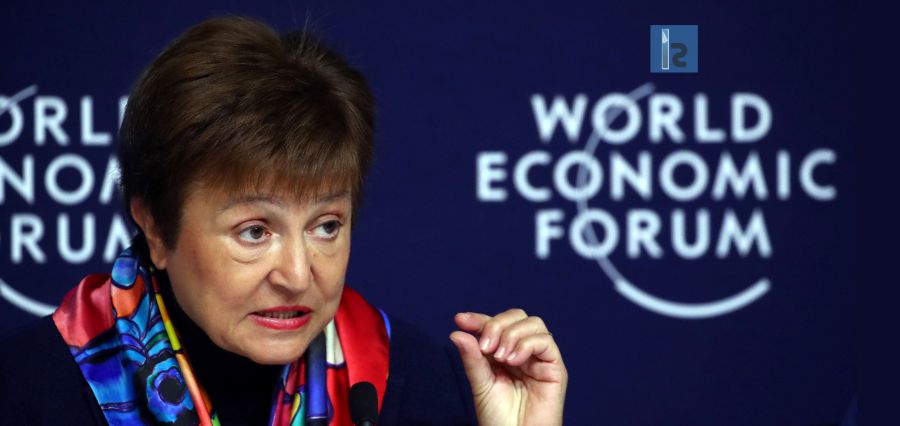The International Monetary Fund’s head stated on Thursday that governments around the world have spent $10 trillion in fiscal action to respond to the new coronavirus pandemic and the economic reverberation of the pandemic.
IMF Managing Director Kristalina Georgieva said recent figures showed that as many as 100 million people could be made extreme poverty by the crisis, adding that this would reverse the poverty reduction gains achieved in the last three years.
Almost 7.4 million people worldwide have been infected with the disease and 415,545 died. Next week, the World Bank forecasts that in 2020, the coronavirus will decrease global production by 5.2 percent.
On 24 June, the IMF will update its forecast. Georgieva stated that the Fund’s April forecast for a 3% reduction in the global output is ‘very likely’ to further reductions.
To promote a more sustainable recovery, she wrote in a blog on IMF’s website, ‘substantial fiscal stimulus’ ought to concentrate on rising job losses and avoiding an increase in inequalities.
She wrote that investment should concentrate on increasing access to medical and health services, strengthening climate security, and broadening access to financial resources and technologies for low-income households and small enterprises.
“The COVID-19 crisis is inflicting the most pain on those who are already most vulnerable. This calamity could lead to a significant rise in income inequality,” she said.
She pointed out that the new IMF and World Bank research showing that fairer access was associated with stronger and more sustainable growth. Policymakers should act quickly and deliberately to promote a much more inclusive recovery.


